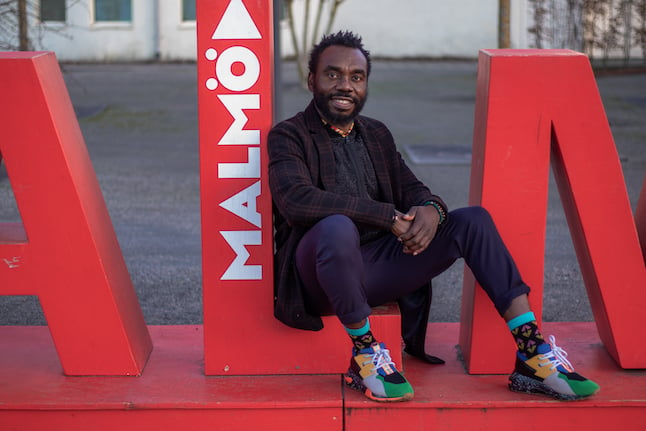Seven French nationals, including four children under the age of 12, were kidnapped last month in Cameroon near the northeastern border with Nigeria.
France has said the radical Nigerian Islamist group Boko Haram carried out the attack and they are holding the family in Nigeria.
In a video posted online that showed the hostages, the kidnappers said they were members of Boko Haram.
"As part of our own policy, we don't pay ransom to terrorists but we would do everything possible to ensure that those terrorists are able to release their captives without any harm coming (to) them," Nigeria's Foreign Minister Olugbenga Ashiru told journalists alongside his French counterpart Laurent Fabius.
Fabius, who visited Cameroon on Friday, had met with Nigeria's president before addressing reporters.
"Of course, we raised the subject of hostages," Fabius said of his meeting with Jonathan. "There are eight French hostages that are in Nigeria…We truly (and) very deeply wish that the French hostages can be freed."
Aside from the seven family members, a French engineer was also kidnapped in northern Nigeria's Katsina state back in December. That attack was claimed by Islamist group Ansaru, which is considered an offshoot of Boko Haram.
Boko Haram, blamed for killing hundreds in northern and central Nigeria since 2009, had not previously been known to target foreign hostages, with experts describing it as having a largely domestic focus.
Ansaru, a newer group, seems to have prioritised the abduction of expatriates. It claimed the kidnapping and execution of seven foreigners from Bauchi state this year.
Despite the video claim from purported Boko Haram members, analysts say there is still uncertainty as to who is holding the French family, with some experts suggesting the motive for the attack may have been financial rather than political.
France has warned its citizens in the region of increased risk following the Paris-led campaign to flush Islamist rebels out of Mali.
Ashiru thanked Fabius for France's offensive in Mali, saying an Islamist takeover there would have put the whole west African sub-region at risk.




 Please whitelist us to continue reading.
Please whitelist us to continue reading.
Member comments